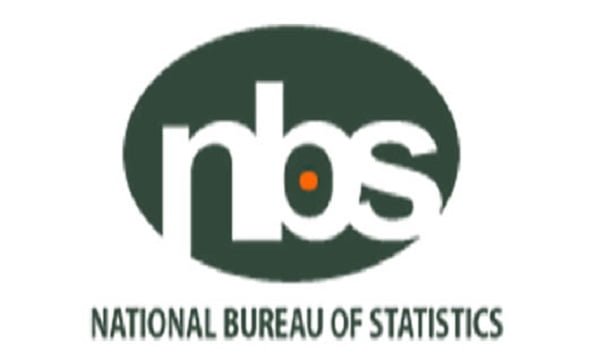The National Bureau of Statistics, NBS, has said Nigeria witnessed a decline in total capital importation as it dropped to $1.03 billion from $1.5 billion in the second quarter of 2023, marking a 32.90 percent decrease.
In its report, NBS also revealed a 9.04 percent decrease from the $1.13 billion recorded in the first quarter of the year under review.
Capital importation means all the money or investment from foreign countries into Nigeria’s economy. It involves the inflow of funds for investment, trade, or business expansion.
Investment, according to NBS, ranked top accounting for 81.28 percent ($837.34 million) of total capital importation in the second quarter of 2023 followed by portfolio investment with 10.37 percent ($106.85 million) and foreign direct investment with 8.35 percent ($86.03 million).
However, the production sector recorded the highest inflow with $605.04 million, representing 58.73 percent of total capital imported in the second quarter of 2023, followed by the banking sector, valued at $194.58 million (18.89 percent), and shares with $68.63 million (6.66 percent).
The NBS also revealed that “capital importation during the reference period originated largely from the United States with $271.92 million, accounting for 26.39 percent, followed by Singapore and the Republic of South Africa with $177.44 million (17.22 percent) and $136.95 million (13.29 percent)” respectively.
Furthermore, the report stated that Lagos State remained the top destination in the second quarter of 202 with $778.06 million, accounting for 75.52 percent of total capital, followed by Abuja with $194.28 million (18.86 percent).
“First Bank of Nigeria Limited received the highest capital into Nigeria in the second quarter of 202 2023 with US$323.13 million (18.23 percent), followed by Citibank Nigeria Limited with $187.77 million (12.23 percent) and Rand Merchant Bank with $126.03 million (6.47 percent).” the report added.

